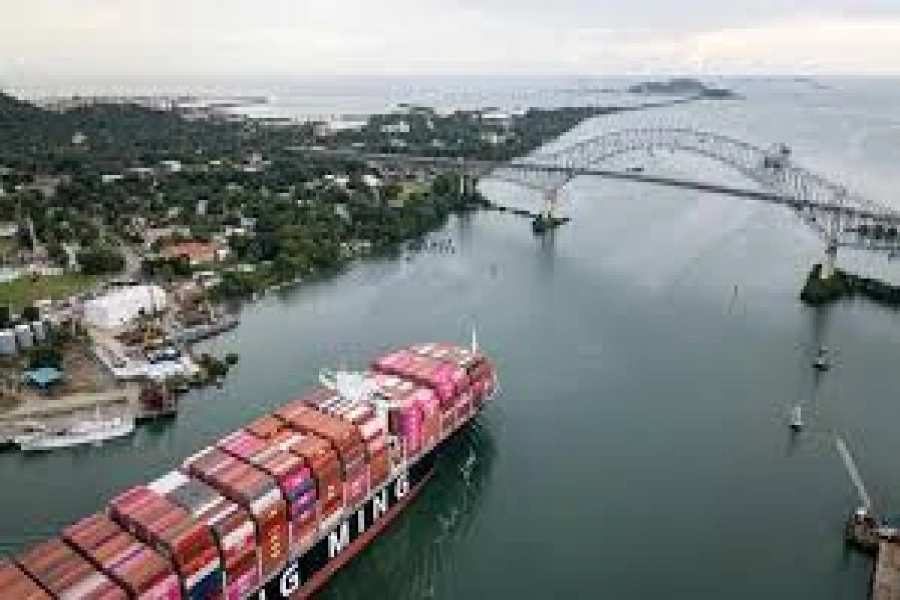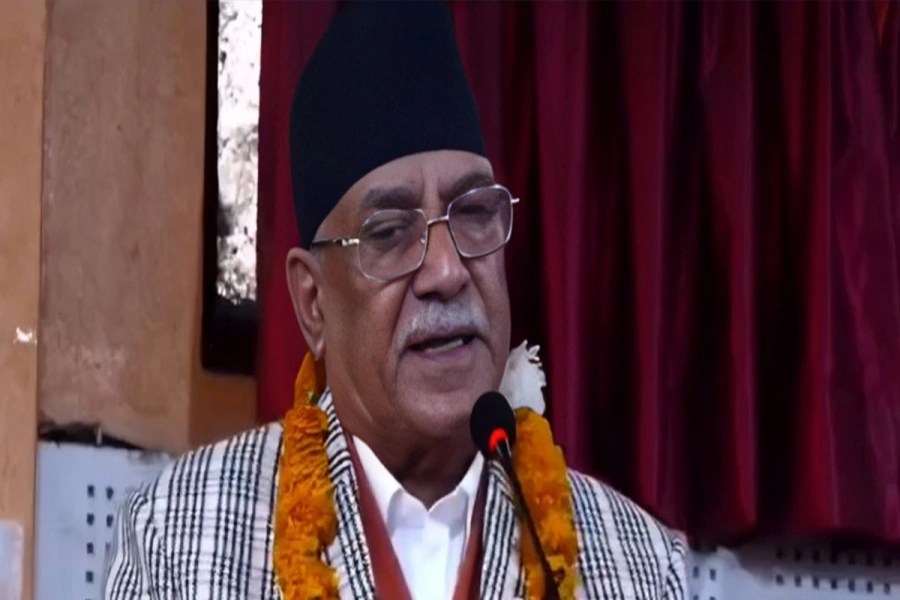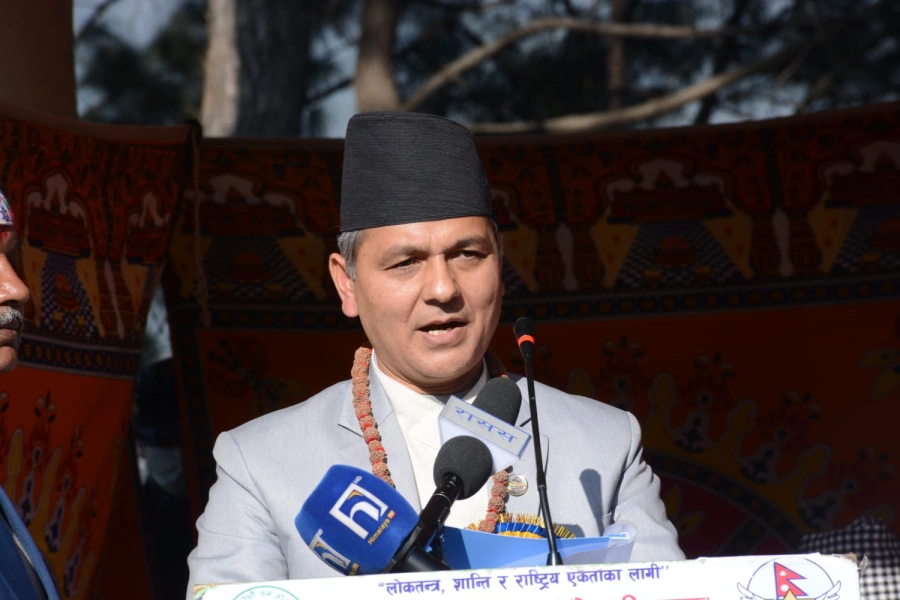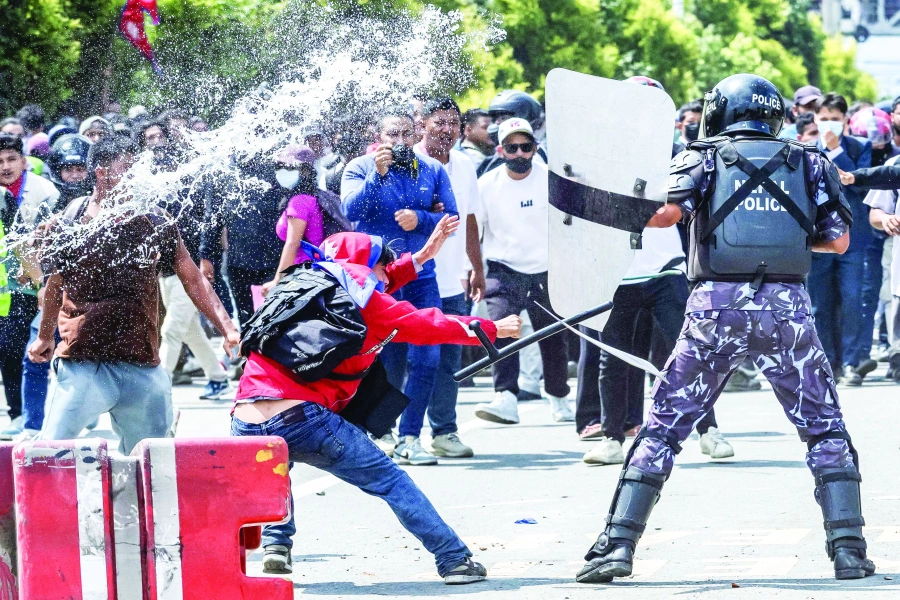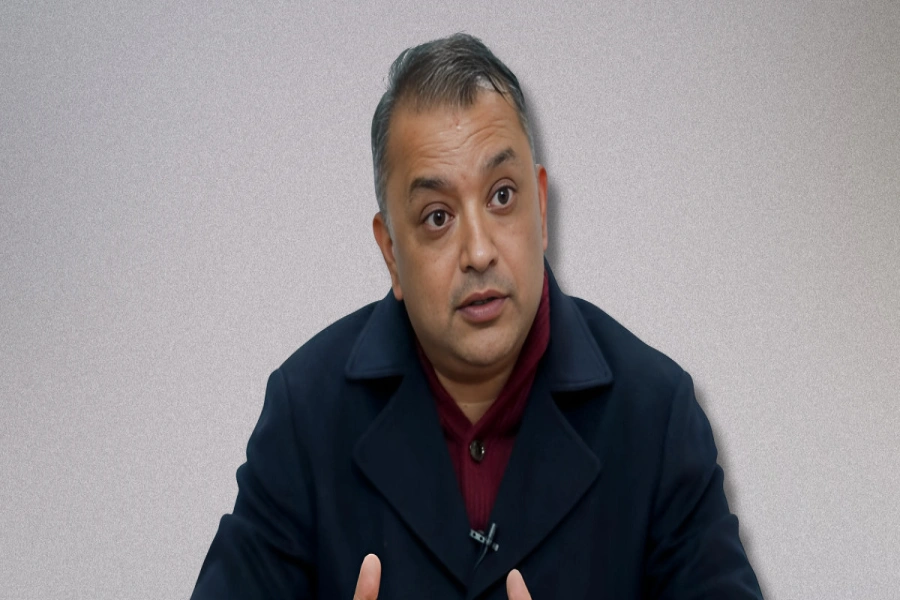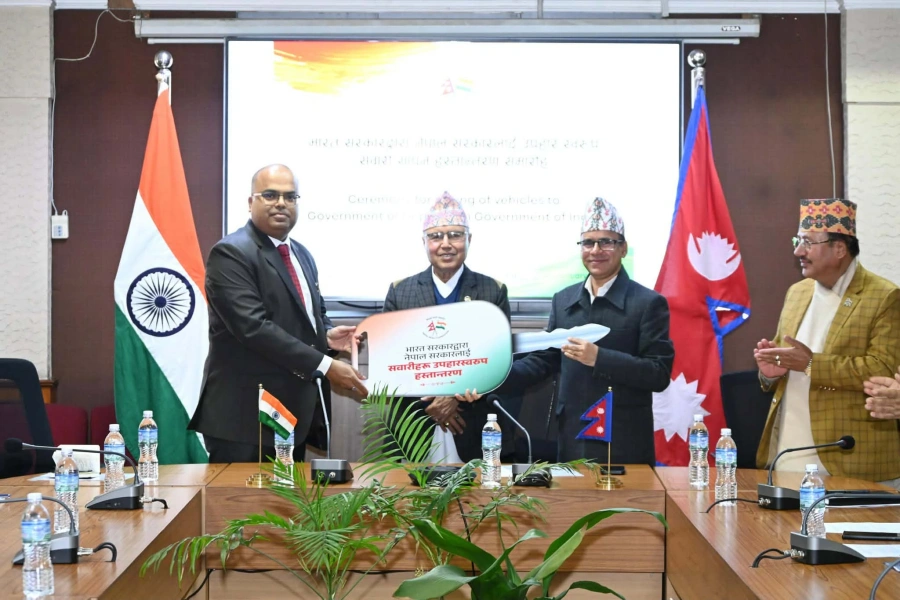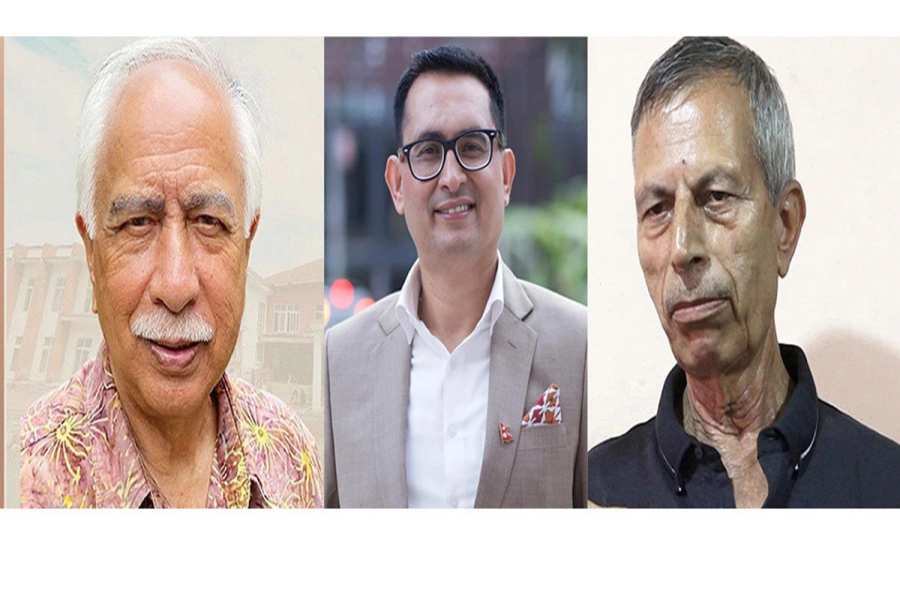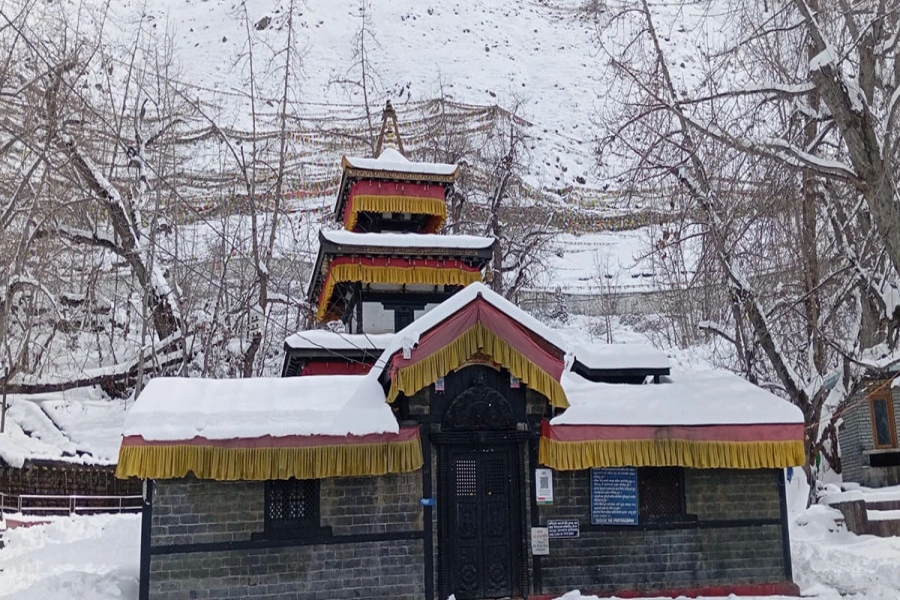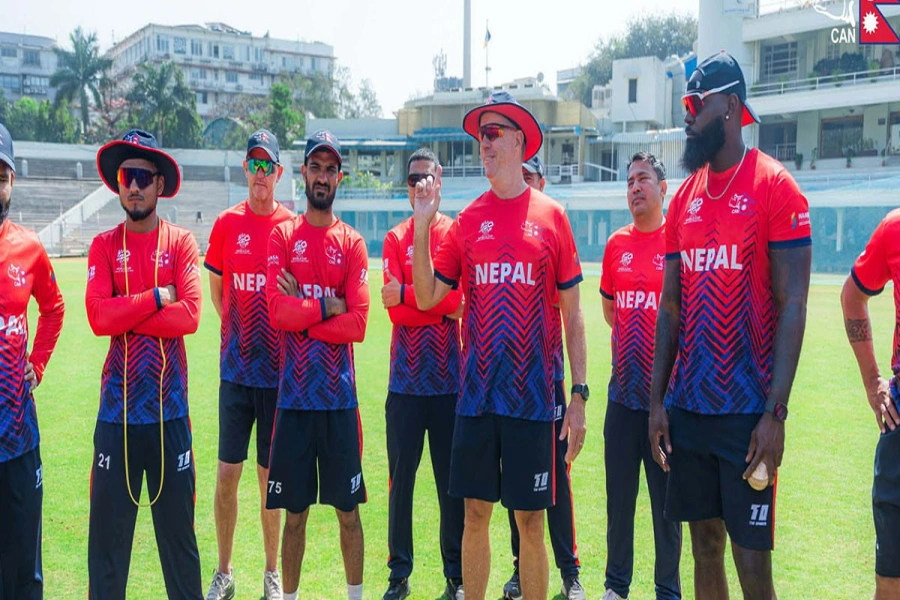KATHMANDU, June 12: Experts have suggested the country's leadership focus on the national needs and priority while enforcing foreign country-initiated projects for the economic development of the country.
They underscored the need for keeping in balance the diplomacy and keeping national interest in center while enforcing the Belt and Road Initiative (BRI) project initiated by China and the Millennium Challenge Corporation (MCC) project forwarded by the US.
During an interaction organized on 'BRI: International Practice and Its Relevance in Nepal' by News Society Nepal on Saturday, experts say although both projects are not unwelcome as such, they must be utilized for Nepal's interest.
Revised interest rate corridor system introduced

Geja Sharma Wagle said the mega projects in Nepal were unnecessarily geo-politicized. It was worrying to see some projects being termed as nationalist while others as anti-nationalist purely for politicization. "The same BRI and MCC were successful in Mongolia while these failed in Sri Lanka. So, projects can not be termed good or bad in black and white. Most important is whether the country needs it or not," he underlined.
He made it clear that Nepal cannot afford to develop mega projects that are considered economically not viable on foreign loans. According to him, if the parliamentary endorsement is made for the project of over Rs 50 billion, it could help maintain transparency. Public debates should be held before launching mega projects, Wagle suggested.
On the occasion, another expert Ajay Bhadra Khanal said neither MCC nor BRI would bring challenges. But, major problems around the implementation of these projects are corruption, bad governance, and economic greed, he reminded.
It would be counterproductive to run mega projects on personal interest, he cautioned.
Similarly, Chief Editor of Annapurna Express weekly, Bishwas Baral, said mega projects are run successfully in democratic countries rather than in authoritarian countries. He reminded that mega projects have been implemented successfully even in African countries that have low corruption.
(RSS)



